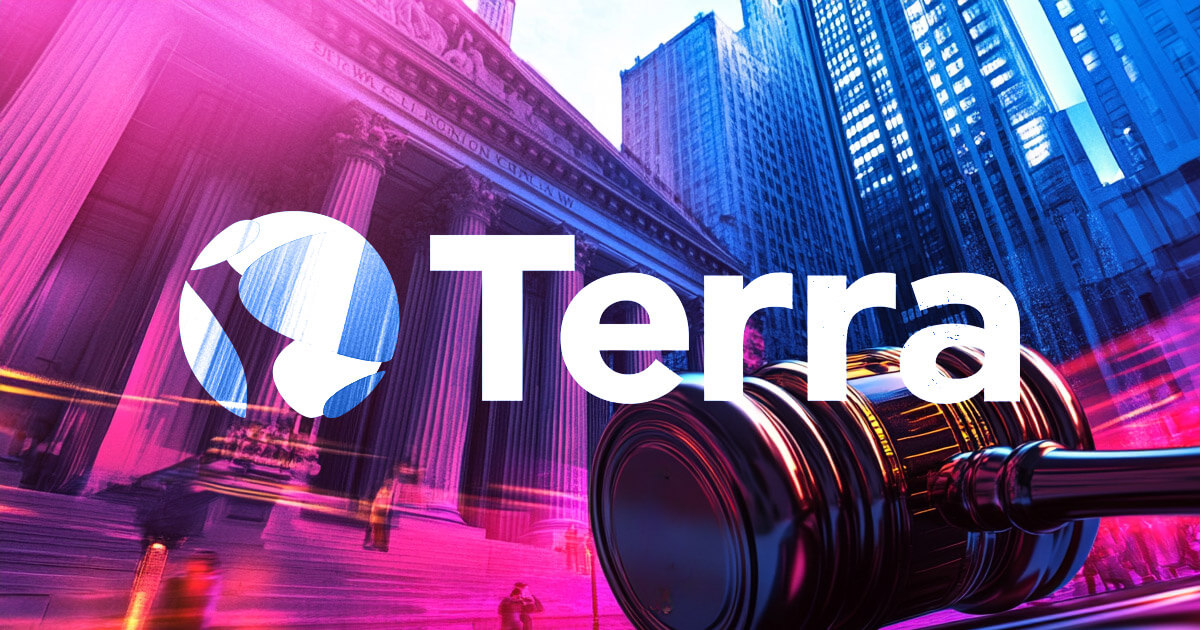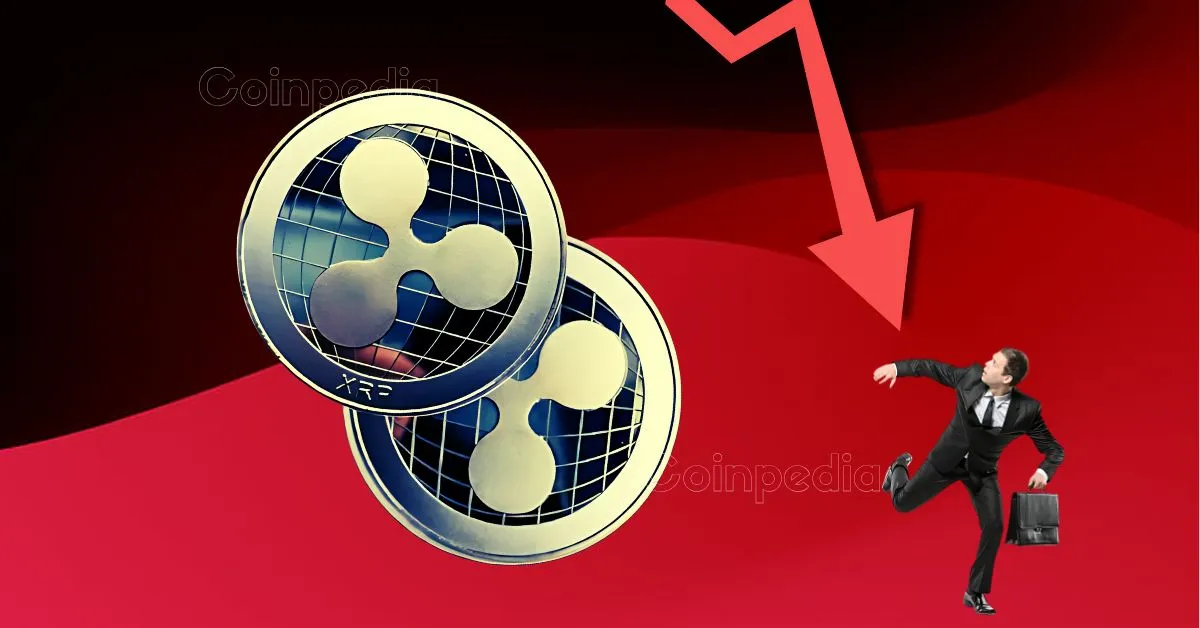Tether’s CEO, Paolo Ardoino, has criticized the upcoming Markets in Crypto-Assets (MiCA) regulations, particularly challenging the rule requiring stablecoin issuers to hold reserves in bank deposits.
This criticism comes as the cryptocurrency industry prepares for these regulations to be implemented on June 30th, leading to many platforms like Binance shifting their operations in Europe.
Tether CEO’s Concerns with MiCA’s Regulations
Ardoino has expressed concerns on how the MiCA provision that requires the reserves of stablecoins to be 60% bank deposits could complicate and make the operations of stablecoins riskier. He notes that the European Central Bank which is the regulator of the Euro area banks only insured bank deposits up to EUR 100,000 which is negligible compared to the market capitalization of stablecoins such as Tether’s USDt which stands at around $110 billion.
Furthermore, his concerns are based on the recent events, including the failure of Silicon Valley Bank, which demonstrated the vulnerability of large uninsured bank deposits. In response to this, Ardoino directs attention to the possibility of the risks it would present to stablecoins like Tether’s USDT mainly supported by U.S. Treasury notes as opposed to bank deposits by extending the focus to this aspect.
According to Ardoino, in the case of a bank failure, bank deposits are protected by bankruptcy laws, which could be detrimental to stablecoin issuers. However, Tether in particular currently puts the majority of its reserves into short-term U.S. government obligations, which are cash equivalents that can be sold right away. This strategy is useful for the recovery of the securities in the event of a bank failure and therefore offers higher security.
Responses from Binance and the Crypto Community
As the deadline approaches, major cryptocurrency exchanges such as Binance, OKX, and Kraken are set to review their products in Europe. For instance, Binance has disclosed that it will limit the use of ‘unauthorized’ stablecoins from June 30th, which is in sync with MiCA’s implementation timeframe.
This is in line with the general trend in the crypto space where exchanges are getting ready for new rules but doing all they can to avoid affecting their European clients. Binance’s decision to partially restrict some features rather than completely delist certain coins implies the exchange’s flexibility to respond to the changing regulatory environment.
In an interview, the Tether CEO also noted that the bank deposit requirement under MiCA might impact European stablecoin users. As Ardoino notes, this new regime may make stablecoins less available to European users who are generally more sophisticated and liquid, which is a threat to their stability and reliability.
Therefore, according to him, this is a step back for Europe as it may negatively impact the availability and security of stablecoins for European investors and users.
Read Also: FTX Proposes $200M Payment to IRS, Seeks Reduction from $24B
Credit: Source link















































